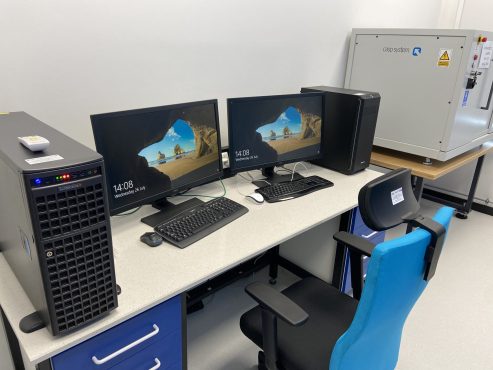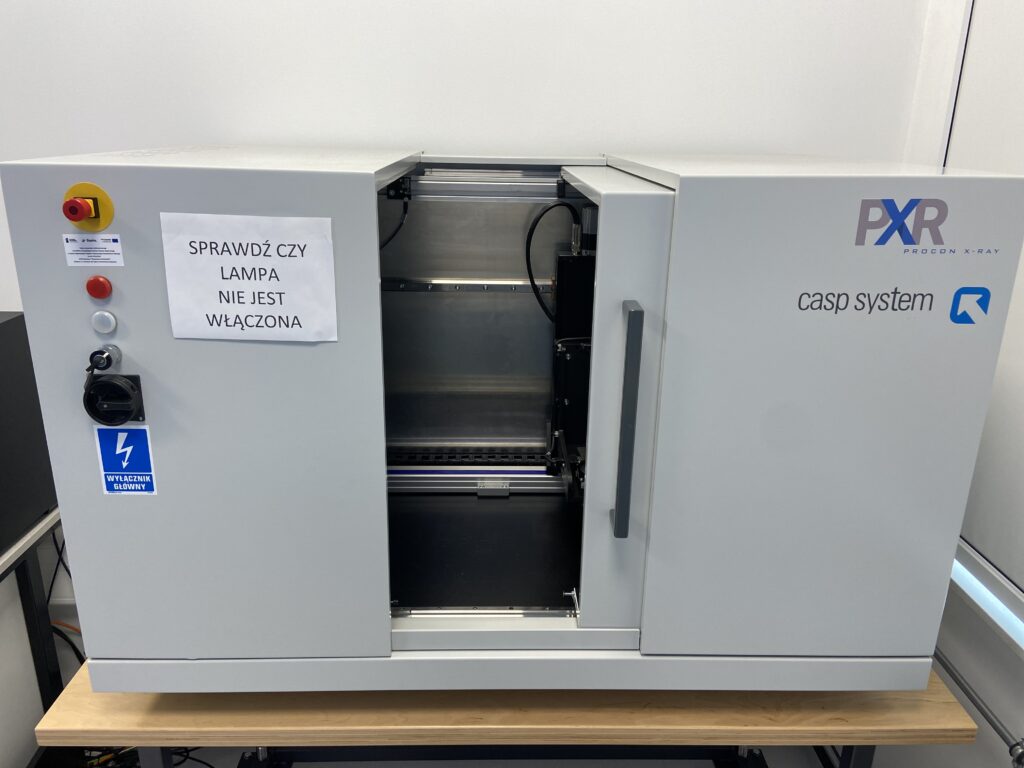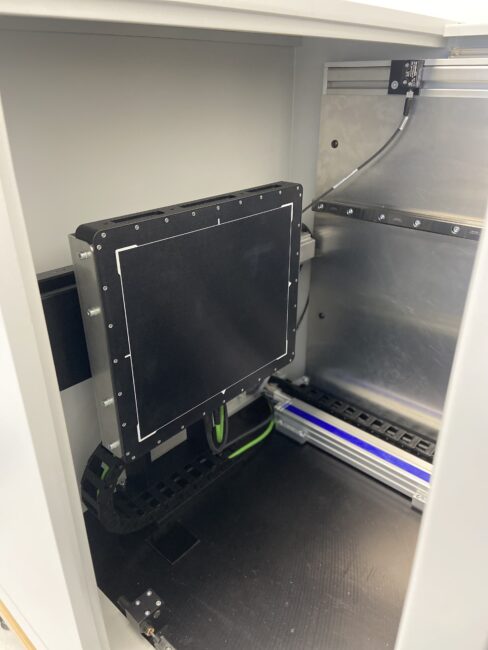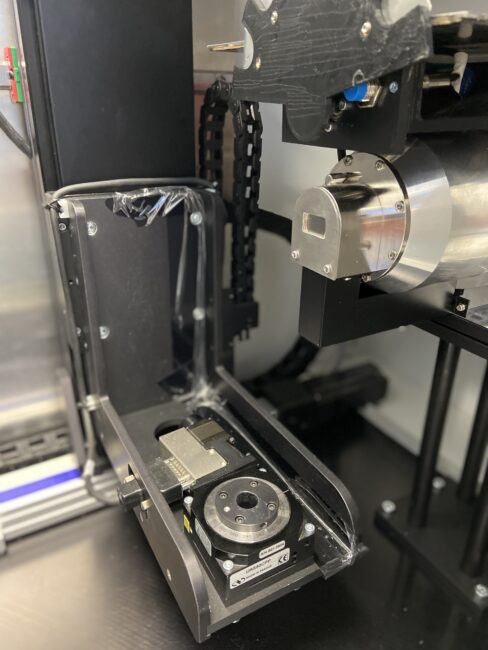
Research offer
A micro CT laboratory (short for micro-computed tomography laboratory) is a specialized facility equipped with advanced imaging technology used for non-destructive three-dimensional imaging of small objects or specimens at high resolution.
Micro CT is a technique that employs X-ray imaging to create detailed cross-sectional images of an object, allowing researchers to study its internal structure without the need for dissection or invasive procedures.
Procon x-ray casp system
The central piece of equipment is the micro CT scanner, which consists of an X-ray source and a detector that rotates around the specimen. The scanner captures a series of X-ray images from different angles, and these images are then reconstructed using sophisticated algorithms to generate a 3D image of the specimen.
The laboratory is designed to provide a controlled environment for the scanning process, minimizing external factors that could affect image quality. It includes shielding materials to prevent X-ray leakage, as well as measures to reduce vibration and electromagnetic interference. The facility features specialized workstations equipped with powerful software for data analysis and visualization.



An invaluable tool in scientific research and industry
Micro CT laboratories cater to a wide range of applications across various fields, including materials science, biomedical research, geology, archaeology, and engineering. Researchers can examine the internal structures of small objects with exceptional detail, enabling them to analyze the composition, density, morphology, and spatial relationships of the specimen’s components.
Micro CT has become an invaluable tool in scientific research and industry, offering non-destructive and non-invasive imaging capabilities that complement traditional microscopy techniques. It allows researchers to gain insights into the internal structures of objects with micron-level resolution, facilitating advancements in fields such as material characterization, quality control, product development, and biological research.
